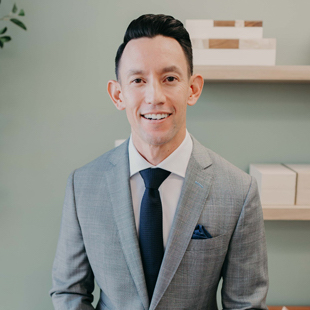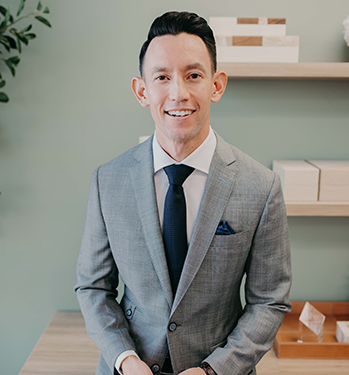Three Alternatives to Creating a Trust

You may have heard that you should create a Trust to avoid probate. But you may have also heard there are other ways to avoid probate that are cheaper. Let’s review the three most common options in more detail.
Adding Someone to Title as Joint Owner or Joint Tenant
You can add another person on your bank account as a joint owner or your real estate as a joint tenant. The benefit of this type ownership is that when you pass away, the property will pass to the other joint owner without probate. However, by adding someone as a joint owner, you are effectively making a gift of half of your assets to that person. This is a problem for several reasons. First, half of the assets are no longer yours. The other joint owner can transfer or sell a one-half interest at any time. Second, even if you trust this person entirely, those assets could be lost in a bankruptcy or a lawsuit.
Let’s assume you own a house and you decide to add your child as a joint tenant. Your child will now own one-half of the house. If your child racks up significant debt, you may lose your house in bankruptcy. If your child gets into a bad business deal, others may come after your house for repayment.
Third, if this option wasn’t bad enough, you lose significant tax benefits by transferring the house to your child now, instead of waiting until after your passing. The same issues apply when you add someone as an owner of a bank account or brokerage account.
Using a TOD or POD on a Financial Account
A TOD is an acronym for Transfer on Death. POD is an acronym for Payable on Death. Different institutions will use either TOD or POD, but both mean the same thing. It is an arrangement between you and the bank to transfer an account to a beneficiary upon your passing. The benefit of a POD or TOD account is that it also avoids probate. However, unlike a joint tenancy relationship, the TOD beneficiary does not have an ownership interest in the account during your lifetime. Sounds pretty good, right?
The main problem with a TOD account is the limited flexibility. The banks provide you with the ability to name a primary beneficiary and a secondary beneficiary. This is typically not sufficient for most people. It also does not allow for anything other than an equal division. If you wanted to give 75% to your children and 25% to your grandchildren, the TOD would not work. This leads to the second problem with a TOD. A TOD beneficiary has complete control over the assets. While you may trust a spouse or some adult children to use the account wisely, you may have a different feeling about a younger adult. And if you have a minor beneficiary, you create the worst possible scenario, since these assets will end up in a guardianship proceeding with the probate court. For example, if you name your 10 year old grandchild as a TOD beneficiary, your child (his parent) would not be able to access that money without going through the probate court.
Finally, a TOD does not address the issues of your final affairs. If you owe income taxes or have other reoccurring bills, who will be responsible for paying them? It will likely create chaos among the beneficiaries. Instead, a trustee of a Trust could use your assets to pay final bills and funeral costs, and then distribute the remainder to your beneficiaries.
Transfer Your Assets to Your Children Before You Die
“If I give my assets away to my children, then no probate is needed! My children will take care of me.” For those of you that are trusting enough to give all of your assets away, there are still some serious problems. The biggest problem is you lose a huge tax benefit that your children will receive if you wait until your passing to transfer assets to them. So even if you are not worried about your children losing the money in bankruptcy, in a lawsuit, or in Vegas, they will miss out on a huge tax break.
Using a Trust
The benefits of a Trust are beyond this article. However, the cheaper alternatives used by many people often end up costing them much more money than they save.

John Wong advises on all aspects of estate planning, probate, asset protection and trust administration. He believes that estate planning is about planning for life; while having protections in place should the unexpected occur.



